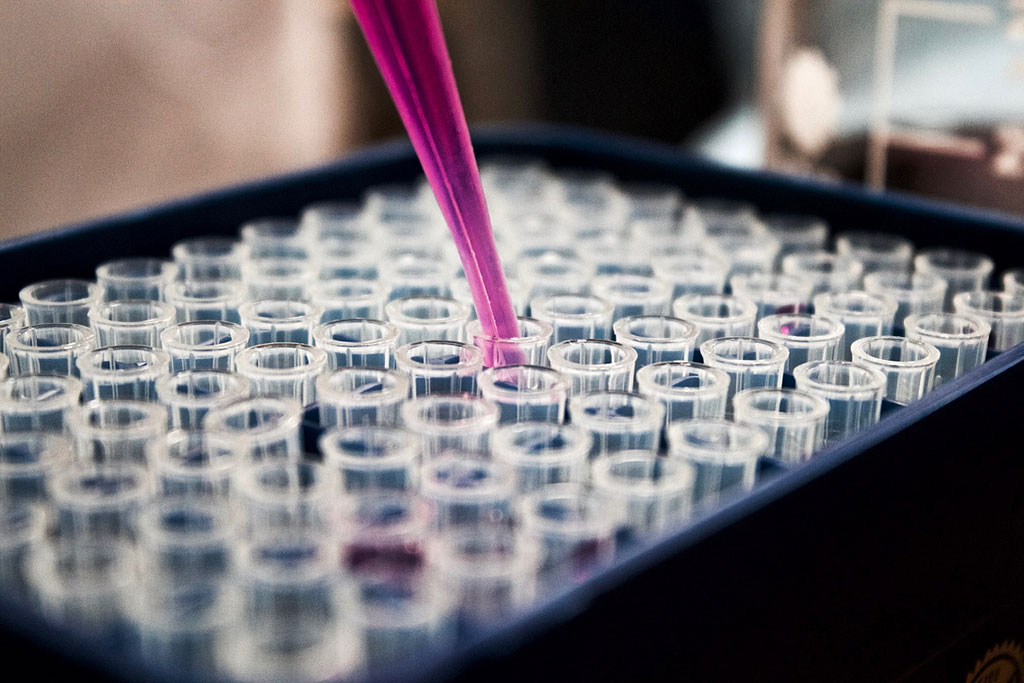Blood Test Enables Early Detection of Oral Cancer
Posted on 07 Jun 2022
Oral cancer is one of the most common cancers in the head and neck region. Oral squamous cell carcinoma (OSCC) - a type of cancer of the mouth and throat - contributes around 90% of oral cancers. The diagnosis of OSCC includes a physical examination, radiography, CT, MRI, and histopathological examination of tissue biopsies. However, changes in molecular distribution at the primary carcinoma site are difficult to track at early stages before the histological lesion can be detected. The current 60% five-year survival rate of individuals with OSCC could be greatly improved if treatments were initiated as early as possible. Now, researchers have used a technology called conductive polymer spray ionization mass spectrometry to screen the blood for metabolic signs of OSCC.
The method developed by researchers at Stanford University (Stanford, CA, USA) could accurately distinguish between individuals with and without OSCC. Also, two altered lipid markers that were discovered in the blood could be traced back to the cancer site for guiding surgical margin assessments. The method - which requires only a single drop of blood - could also distinguish between patients with early versus later stages of OSCC.

The researchers found that the serum metabolic profile obtained by CPSI-MS and analyzed using machine learning can reflect oral cancer development. Most discovered significant metabolites in serum were also found in saliva and cancer tissue, demonstrating the potential of serum for in vitro molecular diagnosis of OSCC. By cohort analysis using CPSI-MS, the team found that histidine metabolism, arginine and proline metabolism, sphingolipid metabolism, and aminoacyl-tRNA biosynthesis were present in serum. These findings provide potential clinical markers for indicating OSCC tumorigenesis.
The researchers have demonstrated that CPSI-MS is a promising ambient ionization mass spectrometry tool that offers cost-effective performance in monitoring hundreds of biofluidic metabolites only with minor sample pretreatment. The combination of CPSI-MS with ML enabled excellent OSCC prediction performance (89.6 % accuracy). More surprisingly, the CPSI-MS combined with an OPLS-DA model could well differentiate the (T1, T2) with (T3, T4) stages (90.1% accuracy by cross-validation). All these findings indicate that CPSI-MS/ML can be a very useful tool to provide a simple, fast, affordable method both for OSCC screening and diagnosis.
The author of an accompanying Research Highlight noted that the study “is a perfect showcase for how mass spectrometry-based metabolomics workflows can be simplified to make them usable in clinical applications.”
Related Links:
Stanford University














